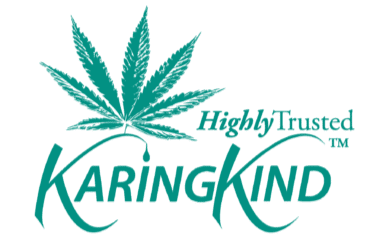The World Health Organization (WHO) recently issued recommendations to the United Nations to reschedule cannabis.
Ever since the 1961 international drug convention, the UN has classified cannabis and cannabis resin as a Schedule IV drug – the most restrictive category (in the U.S., Schedule I controlled substances are the most restricted). And that international marijuana policy has stood as a barrier to cannabis reform for more than half a century. Any nation considering eliminating or reducing prohibition laws risks violating international treaties.
But that may all change if the UN accepts the latest WHO recommendations, sent in a Jan 24 letter from WHO Director-General Dr. Tedros Adhanom Ghebreyesus to the UN secretary general António Guterres.
How Would WHO Reschedule Cannabis?
For starters, WHO is recommending cannabis and cannabis resin be deleted from its current Schedule IV status.
- Tetrahydrocannabinol (THC) would be reclassified as Schedule I (the least restrictive)
- Cannabidiol (CBD) extracts and tinctures would be removed from international control entirely.
- Pharmaceutical preparations produced by chemical synthesis or with one or more other ingredients would be reclassified as Schedule III controlled substances.
The World Health Organization isn’t alone in their views, either.
The FDA Agrees: CBD Shouldn’t Be Federally Controlled
In 2018, the FDA sent an internal letter recommending CBD be removed from federal control under the Controlled Substances Act. The DEA kept CBD as a Schedule I drug, however, claiming de-scheduling would violate the 1961 UN drug convention.
If the United Nations adopts WHO’s recommendations, it would remove one of the final barriers standing in the way of national CBD reform. And that could open the doors for additional research into not just CBD, but THC and terpenes as well.
Not a Free Pass to Ending Prohibition (But a Good Start)
Even if the World Health Organization’s recommendations are all accepted, THC would remain on the controlled substance list. And that means the U.S. couldn’t legalize recreational cannabis at a national level without violating the international agreement.
The change would serve as a momentum builder, however, as it would effectively be an admission that international treaties and national policies have been wrong about the health risks (and benefits) of cannabis.
It wouldn’t be a free pass for the world’s nations to legalize recreational marijuana, but it would become a sort of green light for nations to re-evaluate their prohibition laws and pursue much-needed marijuana research.
What Happens Next?
The World Health Organization’s advice regarding cannabis scheduling will now go before the United Nation’s Commission on Narcotic Drugs, where the 53 member states will vote on whether or not to adopt the organization’s recommendations.
A vote could take place as early as March.
Karing Kind is located just off of US-36, one mile north of Broadway, open MON-SUN from 9am to 10pm.
Check our menu and follow us on Twitter for an up-to-date list of edibles, concentrates and buds available.

